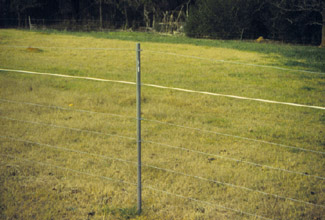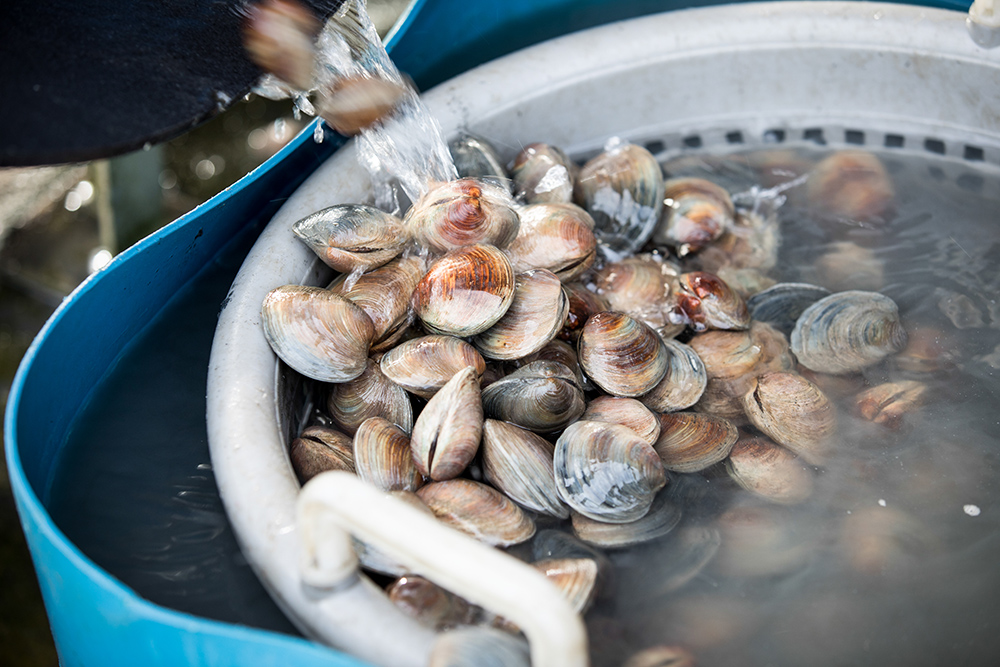Whether you are a livestock producer who wants his animals to graze new areas or a first time farmer with a couple of goats to pen, temporary electric fences are an economical way to meet your needs.
Farmers want to secure their animals as cheaply as possible. Temporary electric fences can quickly be put up and taken down to allow livestock to graze on areas not normally used.
A few materials are necessary to construct a temporary electric fence. Some companies supply fencing on portable reels that can be re-rolled and moved with minimal trouble. These materials are well suited to temporary fences that require frequent moving.
In remote areas with no power source, a 9 to 12 volt portable charger can be used for charging the fence. Fence chargers are manufactured in a variety of ways. The output voltage is a determining factor of how well the charger will control livestock. A good charger should supply a minimum of 1500 volts with a 500 ohm load.
Many farm supply dealers carry fence chargers and other fencing supplies. Choose a fence charger that comes from a reputable manufacturer. If you have not purchased a fence charger recently, check with other farmers for advice and a list of reputable brands.
When the ground is dry, dry soil may not provide an adequate return path for the electrical charge. Therefore, the fence must consist of at least two wires. Alternate wires should be connected to positive and negative terminals of the charger.
During one, long, dry spell in Georgia, a farmer told me a deer went through an 8-strand electric fence. All eight strands were electrically charged, so the soil must have been too dry to serve as an electrical ground. The alternating method mentioned above should prevent this problem. Spacing of the wires depends on the size and type of animal being confined.
For more information on installing an electric fence, see the University of Georgia Extension publication “Fences for the Farm” online at www.caes.uga.edu/publications.








